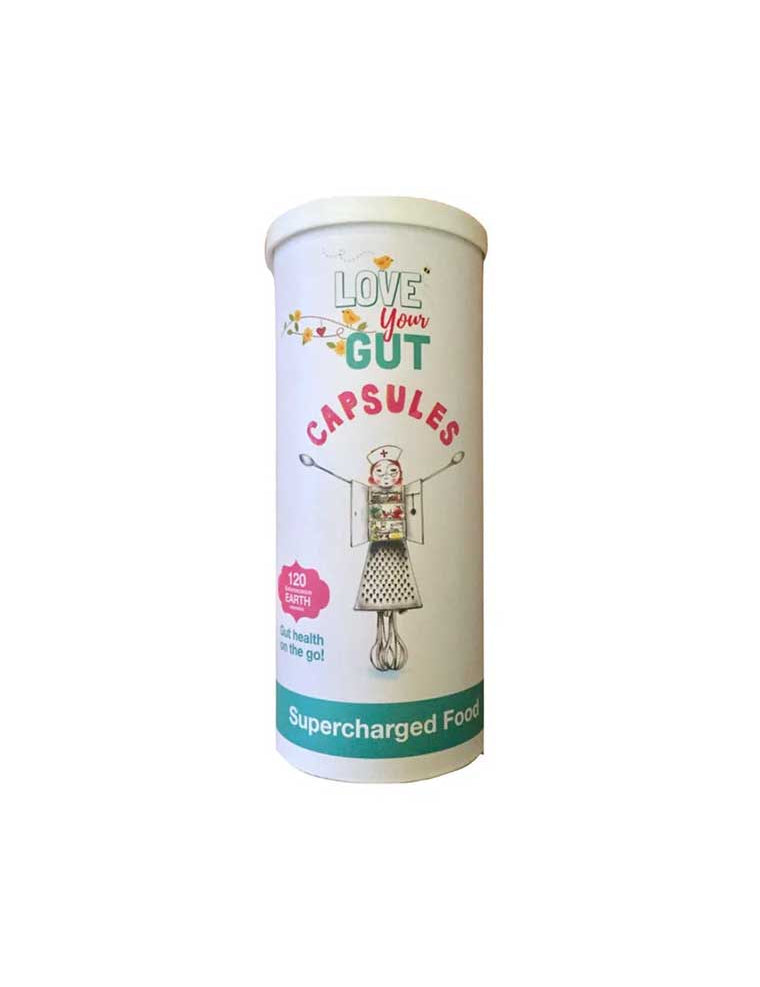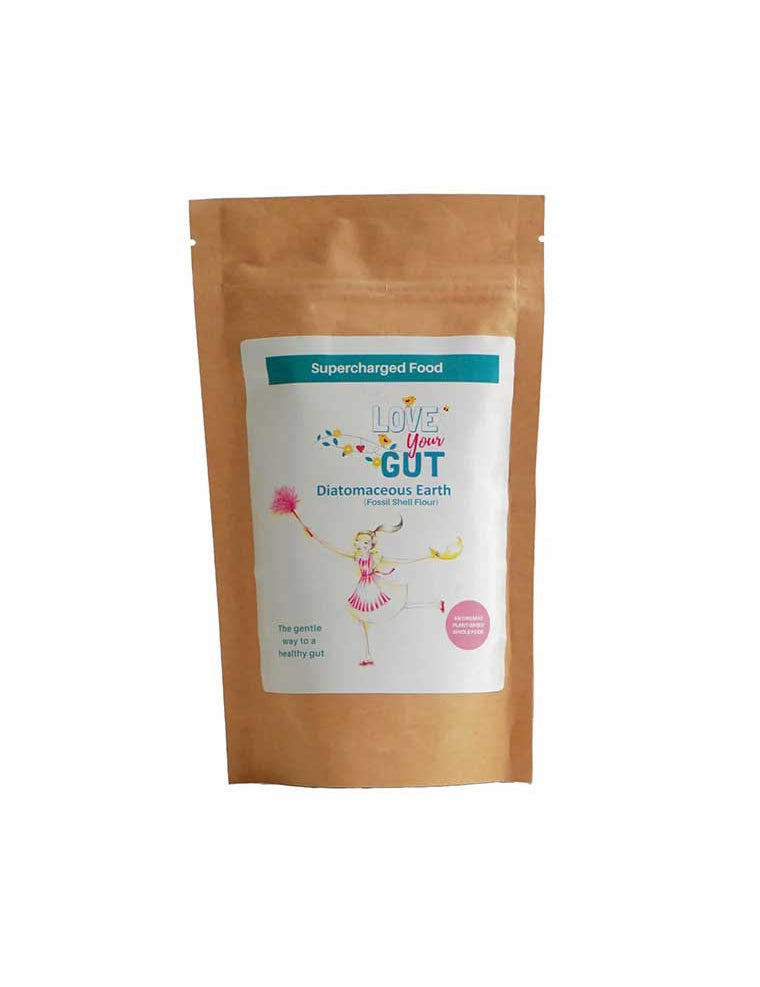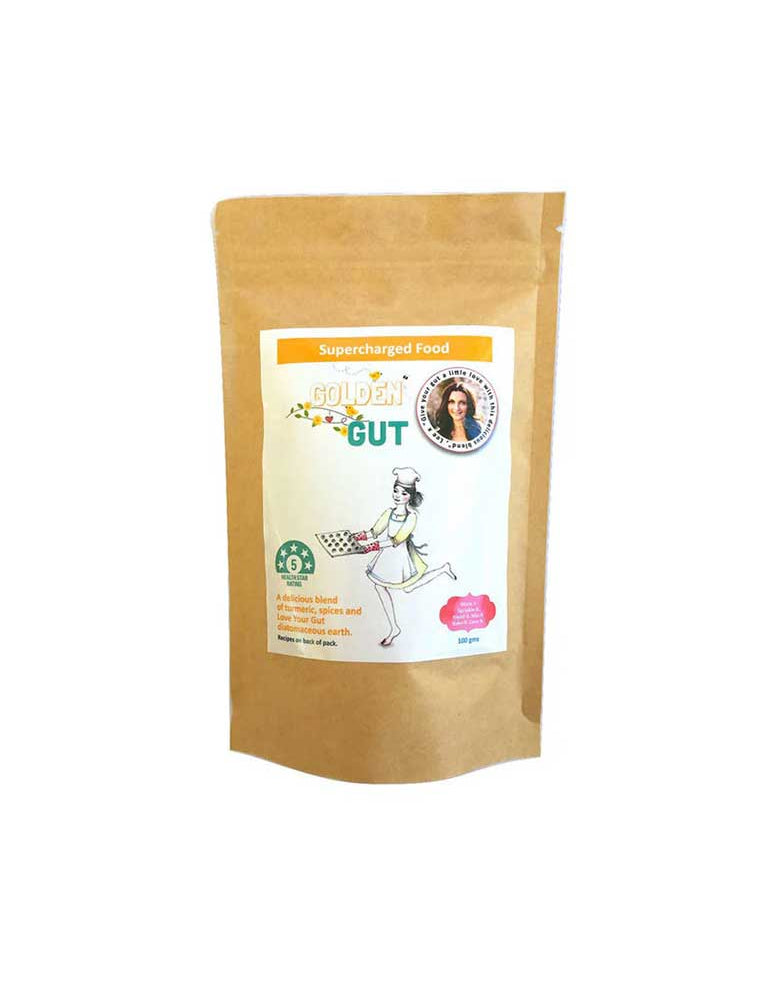
Gut Health: Your Questions Answered
Discover information about digestive wellness and natural ingredients traditionally associated with gut health.
Popular Q&As for Gut Health
1. What's the difference between prebiotics and probiotics?
Probiotics are live beneficial bacteria that are present in the gut microbiome. These microorganisms are involved in nutrient processing, immune system function, and the balance of microorganisms in the digestive system. Prebiotics, on the other hand, are specific types of plant fiber that serve as nutrition for these beneficial bacteria, creating an environment where these bacteria naturally exist. Many health practitioners discuss using both together for what's called a synbiotic approach - probiotics introduce the beneficial bacteria while prebiotics provide nourishment for the gut microbiome.
2. What are some natural approaches to digestive wellness?
Natural approaches to digestive wellness involve several complementary practices. Digestive enzymes are involved in breaking down proteins, fats, and carbohydrates during the digestive process. Bitter herbs like dandelion, gentian, or globe artichoke have traditionally been consumed before meals in many cultures. Establishing regular meal times aligns with the body's natural rhythms. Staying well-hydrated is associated with normal digestive function. Fermented foods contain naturally occurring probiotics, while soluble and insoluble fiber are components of a balanced diet. Gentle movement after meals is a practice in many cultures, and relaxation practices are often discussed in relation to the gut-brain connection, as the digestive system contains numerous nerve endings that communicate with the brain.
3. What is diatomaceous earth and how is it used?
Food-grade diatomaceous earth is a fine, silica-rich powder made from the fossilized remains of tiny aquatic organisms called diatoms. This traditional substance has a long history of use in various wellness practices. This natural substance has a unique microscopic structure - each particle features sharp edges and a highly porous surface with a strong negative charge. These properties give it distinctive characteristics as it moves through the digestive tract. The silica content is a component found in connective tissues throughout the body. Many people incorporate food-grade diatomaceous earth into their wellness routines and report various experiences with its use.
4. How are gut and skin health connected?
Research has identified connections between digestive and skin health, sometimes referred to as the gut-skin axis. Digestive processes can influence various systems throughout the body, including those related to skin appearance. The gut microbiome is being studied in relation to various bodily functions including inflammation processes, hormone regulation, and immune function - all factors that have connections to skin. Common skin appearances that researchers have studied in relation to digestive function include acne, rosacea, eczema, and skin aging. Many practitioners suggest a holistic approach that considers both internal and external factors when addressing skin concerns. Products that contain probiotics, digestive enzymes, and compounds with anti-inflammatory properties are popular choices for those interested in both digestive and skin wellness.
5. How do apple cider vinegar gummies compare to liquid ACV?
Apple cider vinegar (ACV) has a long history of traditional use related to digestive practices, including its acidic properties and presence of beneficial bacteria. Traditional liquid ACV contains what's called the "mother" (beneficial bacteria and enzymes) and contains acetic acid. Many people find its strong taste and acidic nature challenging to consume regularly. ACV gummies offer an alternative format, typically containing dehydrated apple cider vinegar. When choosing between formats, some people look for gummies that include the "mother" component, as this contains the beneficial bacteria and enzymes that are characteristic of traditional ACV products.
When considering any new diet, vitamins or supplements it is important to seek advice from your healthcare professional. ALWAYS READ THE LABEL AND FOLLOW THE DIRECTIONS FOR USE.

Earn Juicy Rewards
Login to earn Juicy Rewards on every order.
























